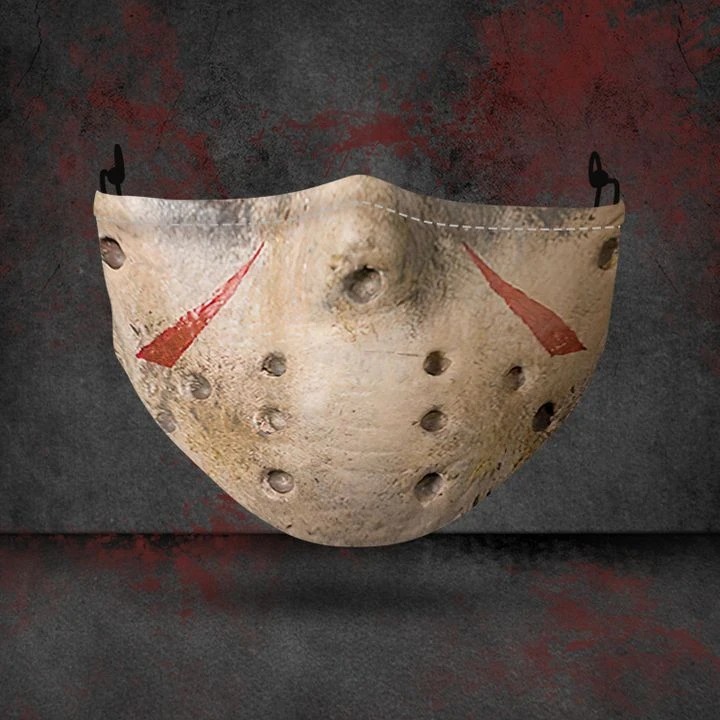Where to buy : MINZY Jiu Jitsu Crawling Falling Puking Blood Sweat Pain Quitting Quitting is Not Poster
- The role of neuroinflammation in psychiatric disorders led researchers to ask whether altered inflammation-driven signaling in astrocytes was associated with bipolar disorder.
- A study looked at the inflammation signatures of astrocytes generated from stem cells from bipolar patients and healthy individuals.
- Research revealed that inflammation-responsive astrocytes from those with bipolar disorder negatively impacted neuronal activity.
Source: Image by Gerd Altmann from Pixabay
Researchers from The Salk Institute for Biological Studies report in the March 4th issue of the journal Stem Cell Reports that astrocyte-mediated inflammatory signaling may play a role in bipolar disorder.
Astrocytes are specialized glial cells in the brain that outnumber neurons by over 5 to 1. They are critical for supporting neuronal function by regulating a litany of processes, including energy balance, lipid processing, synapse maintenance and elimination, and homeostasis of ions, neurotransmitters, and second messenger molecules. Astrocytes are also immunocompetent cells that are activated by pro-inflammatory cytokines and, in turn, secrete cytokines that participate in the process of neuroinflammation.
“Due to a growing understanding of the role of neuroinflammation in psychiatric disorders, we wondered whether altered inflammation-driven signaling in astrocytes was associated with bipolar disorder,” said co-senior author Renata Santos, Ph.D., of Salk and the Institute of Psychiatry and Neuroscience of Paris.
The research team used a method they previously developed for quickly generating inflammation-responsive astrocytes from human-induced pluripotent stem cells (iPSCs). Using their method, the researchers generated iPSC-derived astrocytes from patients with bipolar disorder and from healthy individuals. They then compared the inflammation signatures of the two sets of cells.
Compared to healthy controls, astrocytes from bipolar patients’ iPSCs responded to pro-inflammatory cytokines with higher expression of the IL-6 gene. The higher expression also resulted in higher secretion of IL-6 from the astrocytes compared to controls.
Source: Photo by Robina Weermeijer on Unsplash
When the researchers exposed co-cultured neurons to the culture medium of the inflammation-responsive “bipolar astrocytes,” the culture medium produced a decrease in neuronal activity. This suggested that the inflammation-responsive astrocytes were releasing one or more molecules that negatively impacted the neurons’ activity. Using an antibody that inactivates IL-6, the researchers also showed that the negative effect on neuronal activity was partially mediated by IL-6.
To understand the implications of their data in a clinical context, the researchers then wondered whether bipolar disorder patients have an increased inflammatory drive with altered IL-6 levels. They studied a separate group of 55 bipolar disorder patients and found that the patients’ IL-6 blood levels were significantly higher than those in 90 age-matched healthy controls.
“These results suggest that secreted factors from astrocytes play a role in regulating neuronal activity and that, in the case of bipolar disorder, IL-6 at least in part mediated the effects of inflammation-primed astrocytes on neuronal activity,” said first author Krishna Vadodaria, Ph.D. Of the Salk Institute.
Added Fred Gage, Ph.D., co-senior author and President of the Salk Institute, “Our findings suggest that IL-6 may contribute to defects associated with bipolar disorder, opening new avenues for clinical intervention.”
Visit our Social Network: Pinterest, Blogger, and see more our collection.
From: Vietnamreflections store






